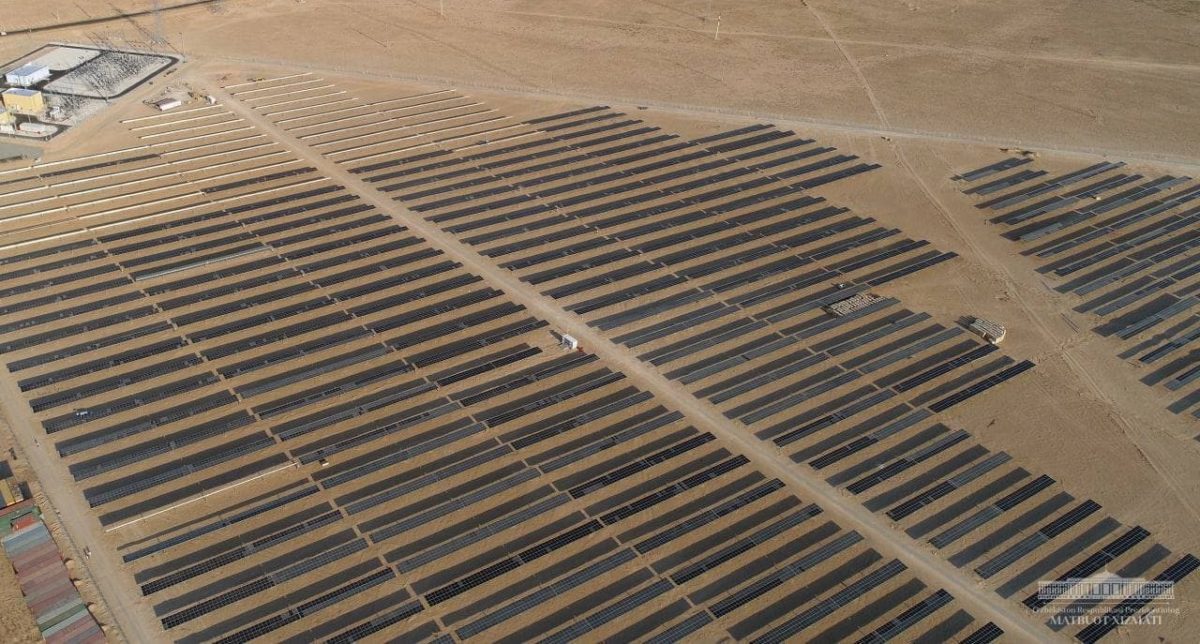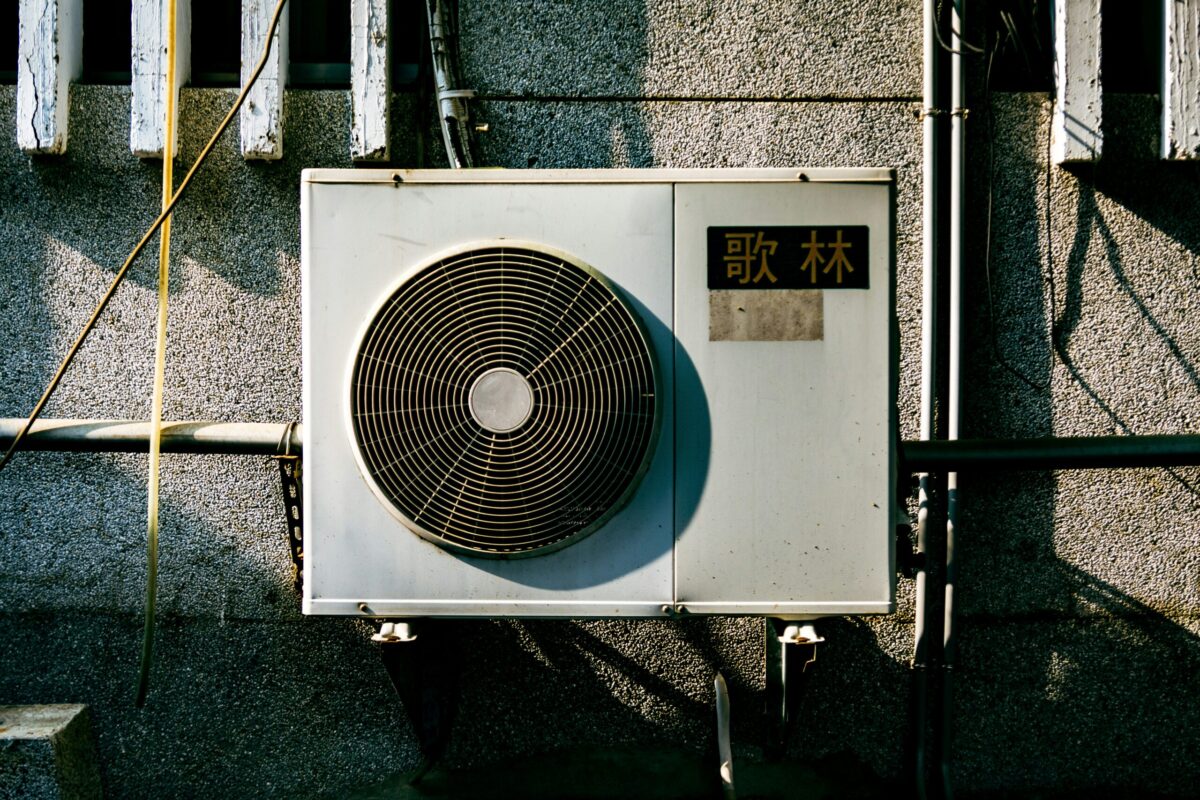The government of Uzbekistan has inaugurated a solar plant described as the nation's first utility scale facility and first ‘privately-financed' independent power producer – although it was developed by Abu Dhabi sovereign wealth fund-owned clean energy firm Masdar.
A press release issued on Friday to announce an opening ceremony attended by the president and the prime minister of Uzbekistan, stated the 100 MW solar farm will power 31,000 households in the Central Asian state.
The Navoi region is also due to have an energy sector training center next year.
Uzbek energy minister Alisher Sultanov, quoted in the press release, credited work by the International Finance Corporation private investment arm of the World Bank to help open up his country's power sector to private investment.
Mohamed Jameel Al Ramahi, CEO of Emirati developer Masdar, described Uzbekistan as a “key strategic investment destination” for his company and the renewables business is also working on 440 MW of solar generation capacity at two sites in the Samarkand and Jizzakh regions, with Friday's release indicating they are expected to be operational in the first quarter of 2023.
Masdar is also developing a 457 MW solar project in the Sherabad district of Uzbekistan's Surkhandarya province.
The Uzbek government last month announced its intent to raise its 2030 solar capacity target from 5 GW to 7 GW as it aims to generate a quarter of its electricity from renewables this decade.
This content is protected by copyright and may not be reused. If you want to cooperate with us and would like to reuse some of our content, please contact: editors@pv-magazine.com.




By submitting this form you agree to pv magazine using your data for the purposes of publishing your comment.
Your personal data will only be disclosed or otherwise transmitted to third parties for the purposes of spam filtering or if this is necessary for technical maintenance of the website. Any other transfer to third parties will not take place unless this is justified on the basis of applicable data protection regulations or if pv magazine is legally obliged to do so.
You may revoke this consent at any time with effect for the future, in which case your personal data will be deleted immediately. Otherwise, your data will be deleted if pv magazine has processed your request or the purpose of data storage is fulfilled.
Further information on data privacy can be found in our Data Protection Policy.